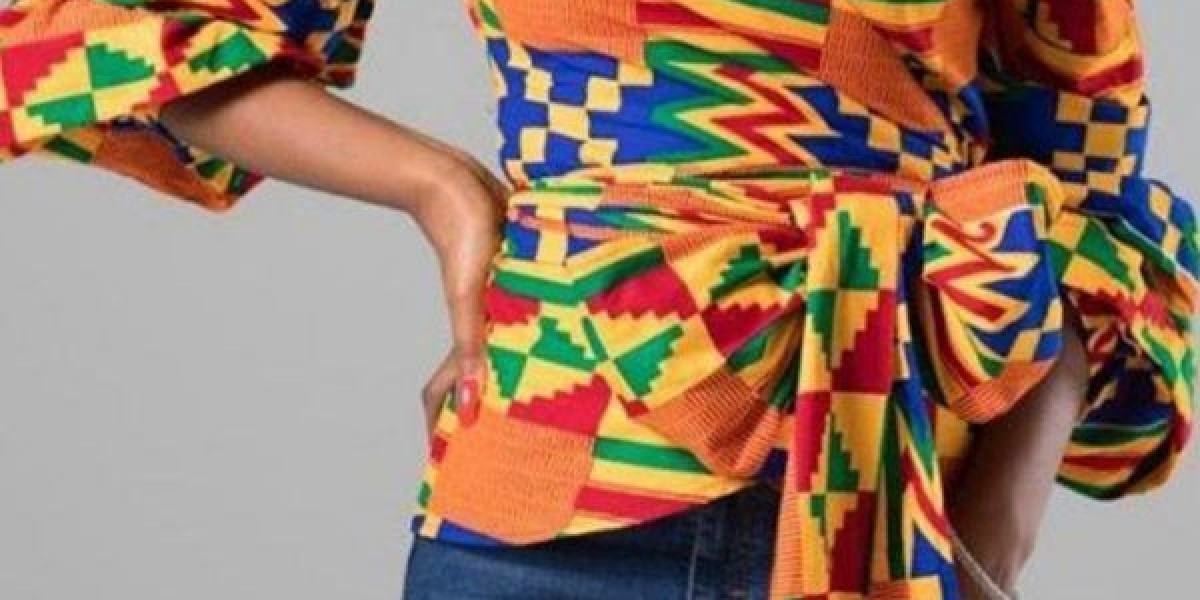As the global fashion industry increasingly embraces sustainability, African designers and brands are leading the way with eco-friendly innovations that celebrate both tradition and environmental responsibility. Sustainable African fashion for women is not just a trend but a movement that aligns cultural heritage with ecological mindfulness. This article explores the principles of sustainable fashion within the african dresses context, highlighting key practices, materials, and brands that are shaping the future of eco-friendly fashion on the continent.
The Philosophy of Sustainable Fashion
Sustainable fashion focuses on reducing the negative environmental and social impacts of clothing production. It encompasses a range of practices including the use of eco-friendly materials, ethical labor practices, and innovative recycling methods. In the African context, this philosophy is intertwined with traditional values and practices that emphasize harmony with nature and respect for craftsmanship.
Eco-Friendly Materials
Organic Cotton
Organic cotton is a cornerstone of sustainable fashion. Unlike conventional cotton, which relies heavily on pesticides and synthetic fertilizers, organic cotton is grown using methods that maintain soil health and reduce water usage. Several African brands are championing organic cotton, ensuring that their clothing is both stylish and environmentally responsible.
Bamboo
Bamboo is another eco-friendly material gaining popularity in African fashion. Known for its rapid growth and minimal water requirements, bamboo can be transformed into soft, durable fabrics. Its sustainability is further enhanced by the fact that it is naturally biodegradable.
Recycled and Upcycled Materials
Recycling and upcycling are key strategies in reducing waste. Many African designers are creatively reusing old garments and textiles to create new pieces, thereby reducing the need for virgin materials. This approach not only minimizes waste but also adds unique character to the clothing.
Traditional Techniques with a Modern Twist
African fashion is rich in traditional craftsmanship, and many designers are incorporating these age-old techniques into their sustainable practices.
Hand-Dyeing and Batik
Hand-dyeing and batik are traditional African techniques that involve applying dyes to fabrics in intricate patterns. These methods often use natural dyes derived from plants and minerals, which are less harmful to the environment compared to synthetic dyes. Modern designers are embracing these techniques, combining them with contemporary designs to produce eco-friendly collections.
Beadwork and Embroidery
Beadwork and embroidery are prominent in African fashion, with intricate designs often carrying cultural significance. By using locally sourced materials and traditional methods, designers create beautiful garments that are not only sustainable but also celebrate African heritage.
Prominent Sustainable African Fashion Brands
Stella Jean
Stella Jean, although based in Italy, collaborates with African artisans to create collections that merge Italian and African aesthetics. Her work emphasizes ethical practices and sustainable materials, making her a key figure in the global sustainable fashion movement.
Tongoro
Tongoro, a Senegalese brand founded by Sarah Diouf, is committed to sustainable fashion through its use of locally sourced materials and ethical production processes. The brand’s commitment to eco-friendly practices is evident in its vibrant, stylish collections that honor African culture.
Zarif Design
Zarif Design, a Kenyan brand, focuses on sustainability by using recycled materials and promoting ethical labor practices. Their collections are known for their bold prints and innovative designs, reflecting a deep respect for both tradition and environmental stewardship.
The Future of Sustainable African Fashion
The future of sustainable African fashion is promising, with more designers and brands embracing eco-friendly practices and materials. This movement is not only beneficial for the environment but also for the preservation of cultural heritage. By combining traditional techniques with modern sustainability principles, African fashion is setting a global standard for eco-conscious style.
Conclusion
Sustainable african dresses for women is a dynamic and evolving field that merges environmental responsibility with cultural richness. Through the use of eco-friendly materials, traditional techniques, and innovative practices, African designers are leading the charge towards a more sustainable fashion industry. By supporting these efforts, consumers can enjoy beautiful, ethically made garments while contributing to a greener future.








